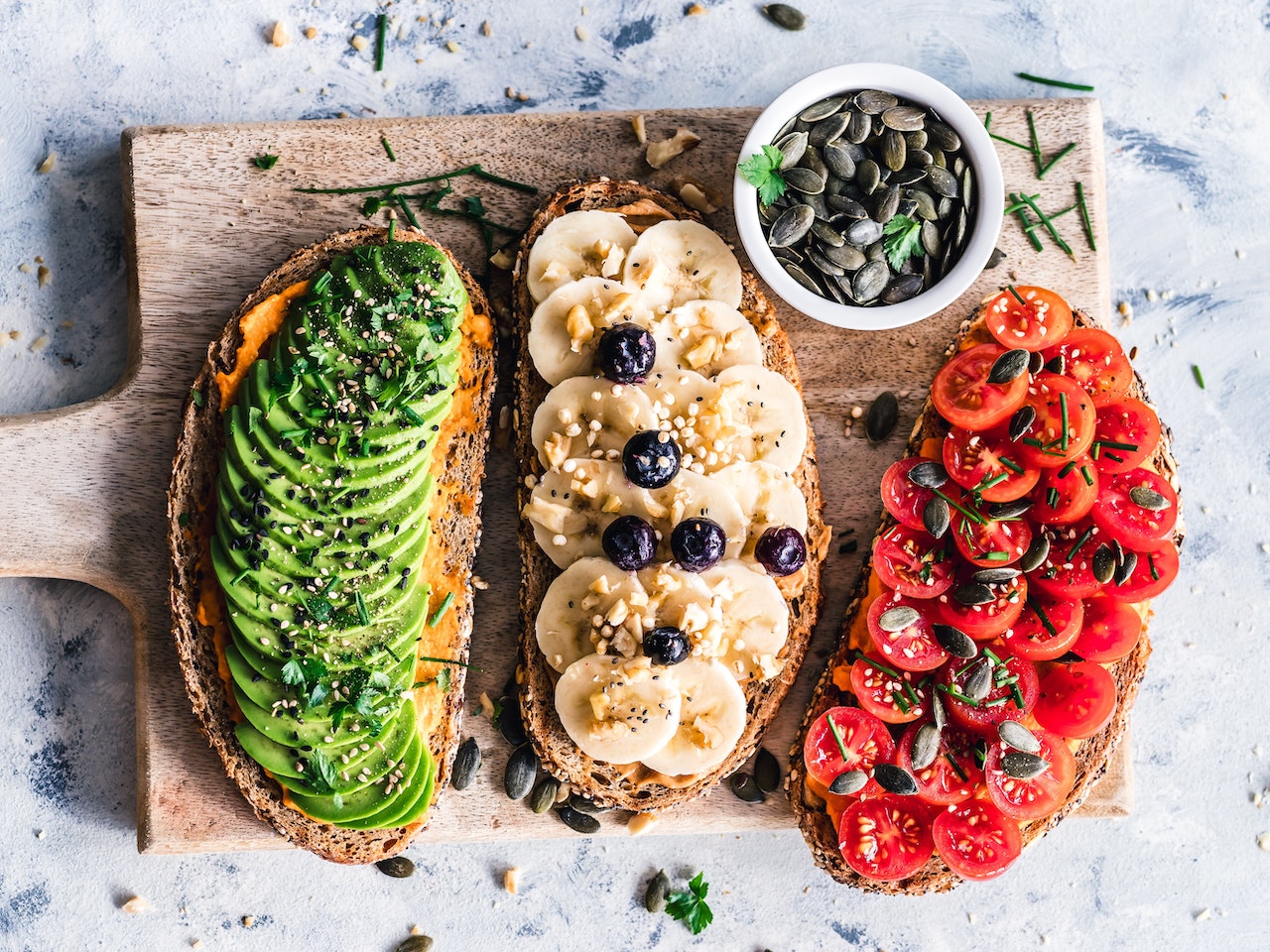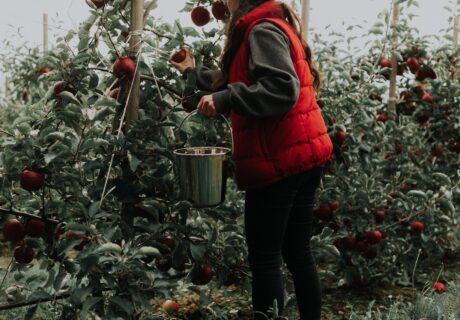Mintel’s latest piece of research into food and drink has revealed some positive impacts of the coronavirus crisis on the way the nation intends to eat beyond the pandemic.
Among the strongest findings, the research analyst reports a quarter (25%) of British millennials are now more attracted to a vegan diet, while in the wider population veganism now appeals to 12%, and in London alone the figure has reached 22% since the pandemic began.
These figures are bolstered by a ‘strong belief in the healing power of plants’, with over half of Brits (51%) believing that plants and botanical ingredients such as herbs and spices ‘can have medicinal benefits’ when used to treat ailments.
Other key highlights:
- Five a day has become a higher priority, with 23% admitting they have increased their fruit and veg intake since the start of the pandemic
- Gen Z and millennials are the demographics most likely to keep their fridges ‘well stocked with healthy produce’
- Two thirds (66%) of Brits believe consuming vitamin C – citrus fruits in particular – helps the immune system
- 37% say the outbreak of COVID-19 pushed them to include more nutrients in their daily diets which would support their immune system
- ‘Waste not want not’: almost seven in ten (69%) say the pandemic encouraged them to waste less food at home
- 55% plan to cook from scratch more than they did before the pandemic hit
- 37% consumers believe that, moving forward, people will buy more long-life food and drink (such as UHT milk and tinned food)
Alex Becket, associate director, Mintel Food & Drink, comments: “People want the world to change for the better right now and they are searching for ways to show compassion. For consumers struggling to know how to make a positive difference, cutting out animal protein may be seen as a way of tackling the climate crisis, showing compassion for nature, and boosting their own nutrient intake.
People want the world to change for the better right now and they are searching for ways to show compassion
“Even before the spread of COVID-19, we were seeing a growing interest in plant-based food and drink across global markets. It may well be that the pandemic is accelerating this trend. For example, in China, we’ve seen skyrocketing sales of the new plant-based meat options in KFC and Pizza Hut.
“Before the outbreak, younger people generally opted for convenient, fresh food that didn’t take long to prepare. But under lockdown, with more time at home and no restaurants or cafés open for business, long-life food has had clear advantages. It doesn’t take up precious fridge space and lasts a good while, making it suitable for quarantine living and resulting in fewer shopping trips. It’s affordable, often nutritious, and, in the case of tinned veg or fruit, suits our rekindled fondness for cooking from scratch.”





